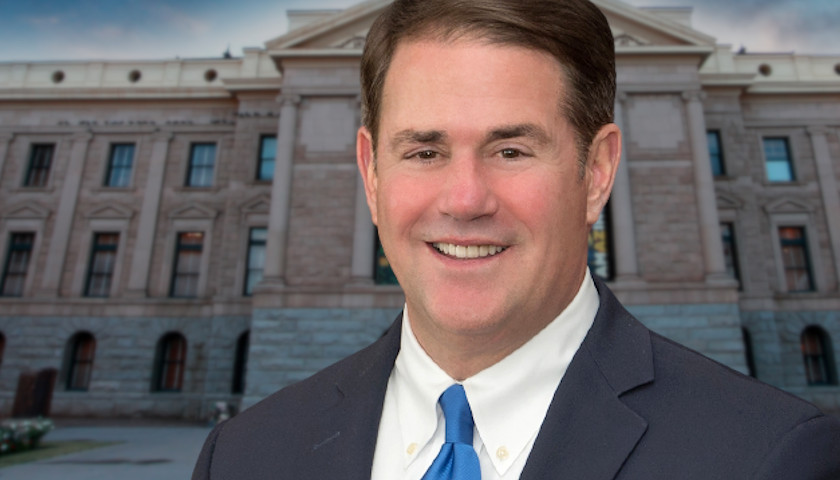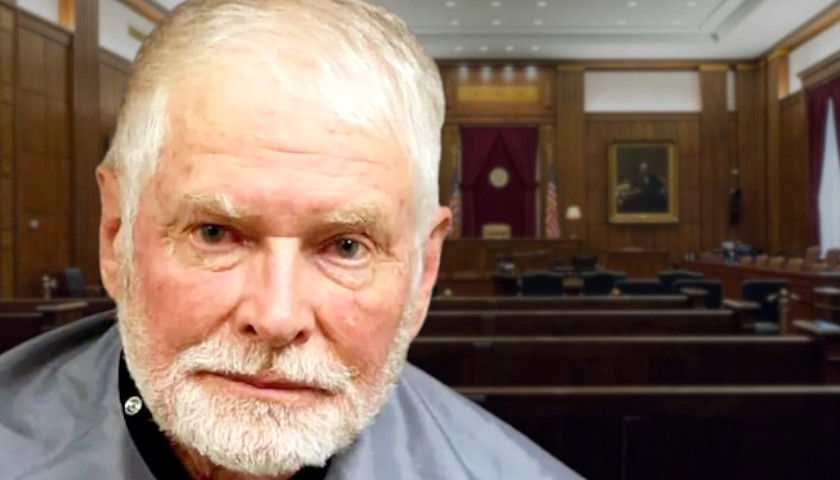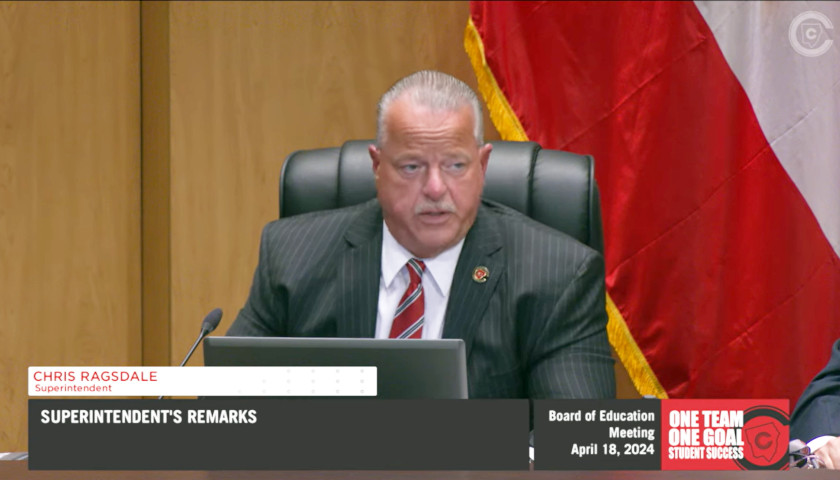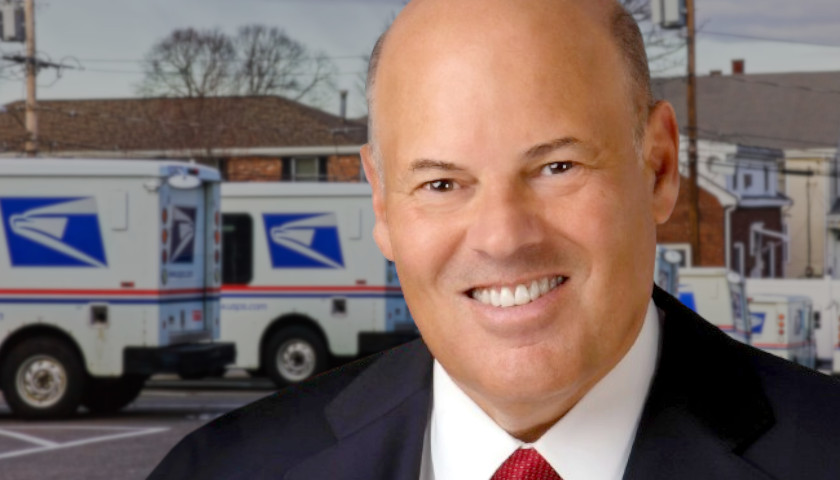Over 20 mayors from across the state of Arizona penned a letter announcing their support for Governor Doug Ducey’s newly proposed tax plan.
Ducey and the group of mayors argue that the plan will allow for greater investments throughout Arizona.
“As Mayors, we endorse this plan, and we encourage state legislators to pass a balanced budget and keep Arizona an economic powerhouse,” the group said.
The plan involves many tax cuts to specific groups — such as reducing commercial property taxes in order to protect small businesses. Additionally, the plan will eliminate all state income taxes on veterans who served our nation. Many provisions of the proposal seek to limit the impact of Proposition 208 — a large tax increase that Arizonans voted to enact in 2020.
“Arizona mayors understand the importance of a growing, booming economy. More jobs and more people means a thriving Arizona!” Ducey said when announcing the support.
NOW: Arizona mayors understand the importance of a growing, booming economy. More jobs and more people means a thriving Arizona! We are pleased to have mayors across the state supporting the state’s budget package. Thank you, to these local leaders! 1/ pic.twitter.com/3qkiJCUH9g
— Doug Ducey (@dougducey) June 21, 2021
However, the process to enact these cuts and create a state budget has not gone without controversy.
The state’s tax plan and budget drew national attention after Republicans failed to pass the measure agreed upon by Ducey. Rep. David Cook (R-Globe) joined all Democrats in opposing the $12.8 billion budget. Cook argued that the proposal did not go far enough in tax cuts.
In response to failing to pass a budget, Ducey vetoed all bills that the legislature had passed. He stated that he would not sign any bill until a state budget arrived on his desk.
This decision inspired criticism of Ducey from President Donald Trump — largely due to the nature of some of the bills that he vetoed.
“Incredible to see that RINO Governor Doug Ducey of Arizona just vetoed a bill that would have outlawed Critical Race Theory training for State employees, and another that would have banned the mailing of ballots to citizens who never requested them,” Trump said.
— — —
Cooper Moran is a reporter for the Star News Network. Follow Cooper on Twitter. Email tips to [email protected].
Background Photo “Arizona Capitol” by Gage Skidmore. CC BY-SA 2.0.








